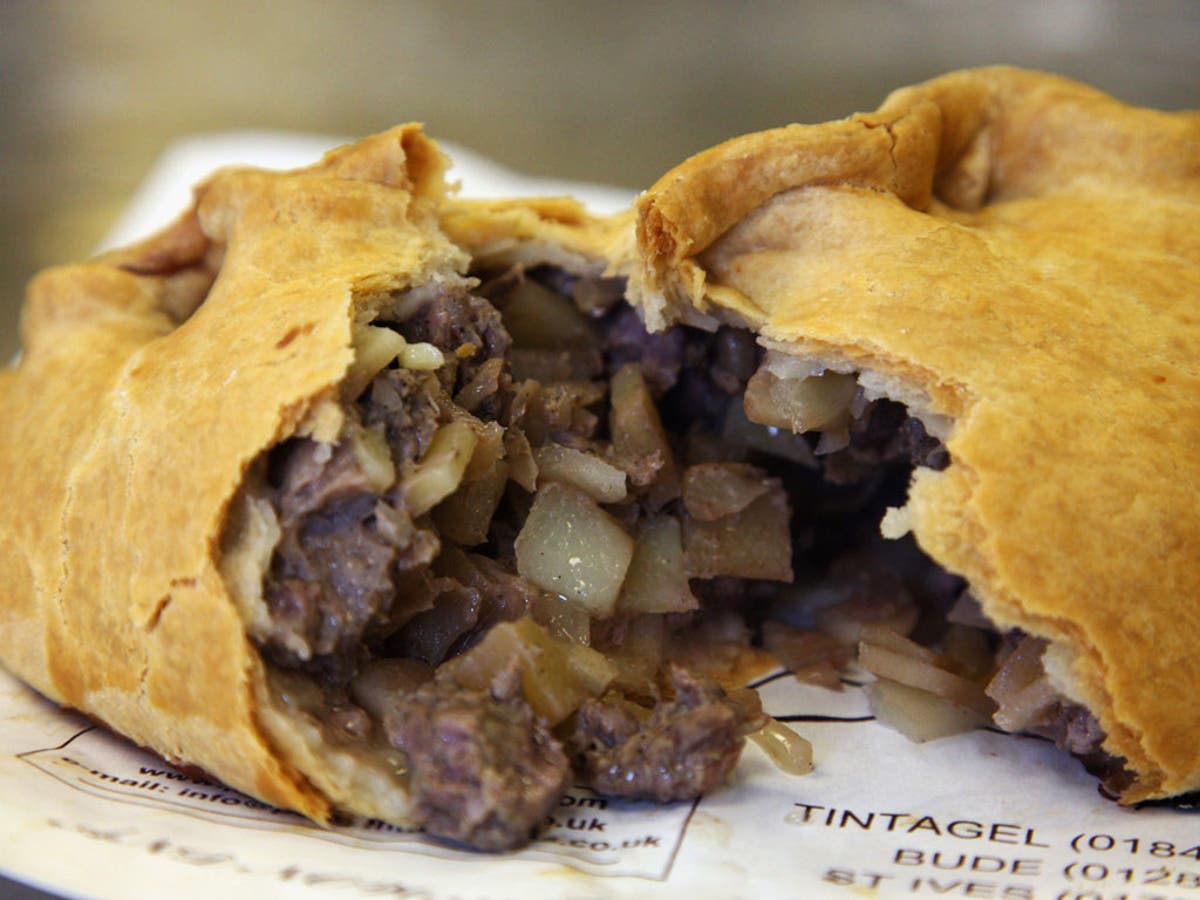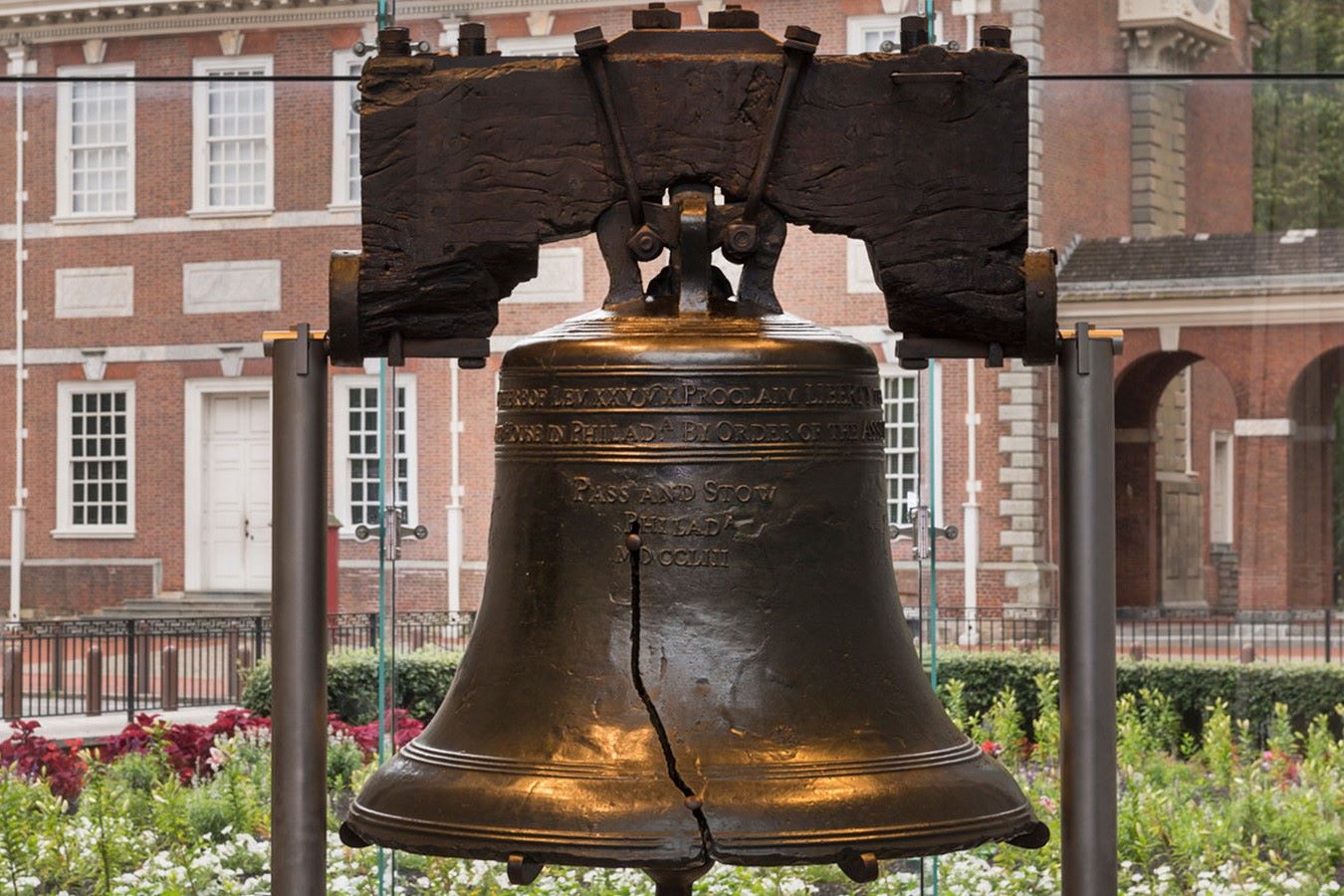
Pastygate is a term that might sound funny, but it actually refers to a serious political scandal in the UK. Pastygate erupted in 2012 when the government decided to impose a 20% tax on hot takeaway food, including the beloved Cornish pasty. This decision sparked outrage among the public and led to heated debates in Parliament. People were upset because they felt the tax unfairly targeted working-class individuals who relied on affordable hot food. The scandal even led to politicians awkwardly trying to prove their connection to everyday folks by buying and eating pasties. Pastygate highlighted the disconnect between politicians and the public, making it a memorable event in British political history.
Key Takeaways:
- Pastygate was a big deal in the UK when the government proposed a tax on hot takeaway food, including the beloved Cornish pasty. People protested, politicians ate pasties, and the media had a field day!
- The Cornish pasty is more than just a tasty treat – it's a cultural icon with a protected status. Pastygate brought attention to this traditional British food and sparked renewed interest in Cornish culinary traditions.
What is Pastygate?
Pastygate refers to a political scandal in the UK that erupted in 2012. It involved a controversial tax on hot takeaway food, including the beloved Cornish pasty. The scandal highlighted the disconnect between politicians and the public, sparking widespread debate and media coverage.
- Pastygate began when the UK government proposed a 20% VAT on hot takeaway food.
- The Cornish pasty, a traditional British pastry filled with meat and vegetables, became the symbol of the controversy.
- The tax was part of the 2012 budget announced by then-Chancellor George Osborne.
- Osborne faced criticism for appearing out of touch with ordinary citizens.
- The scandal gained momentum when Osborne struggled to recall the last time he ate a pasty.
Public Reaction to Pastygate
The public's response to Pastygate was swift and vocal. Many saw the tax as an attack on a cherished British tradition, leading to protests and widespread media coverage.
- Protests erupted across the UK, with people rallying to protect their pasties.
- Social media played a significant role in spreading the outrage.
- The hashtag #Pastygate trended on Twitter, amplifying public dissent.
- Bakeries reported a surge in pasty sales as a form of protest.
- Some politicians were photographed eating pasties to show solidarity with the public.
Political Fallout from Pastygate
Pastygate had significant political repercussions, affecting the reputation of the government and its leaders. The scandal exposed the disconnect between politicians and the everyday lives of their constituents.
- The Conservative Party faced a drop in public approval ratings.
- Opposition parties capitalized on the scandal to criticize the government.
- The tax proposal was eventually modified due to public pressure.
- The term "omnishambles" was coined to describe the government's handling of the situation.
- Pastygate became a case study in political missteps and public relations disasters.
Economic Impact of Pastygate
The proposed tax had potential economic implications for both consumers and businesses. The controversy highlighted the complexities of tax policy and its effects on different sectors.
- Bakeries feared a decline in sales due to the higher prices.
- Small businesses argued that the tax would disproportionately affect them.
- The government estimated the tax would raise £110 million annually.
- Critics argued that the tax would hurt low-income families the most.
- Some economists debated the fairness and effectiveness of the tax.
Cultural Significance of the Cornish Pasty
The Cornish pasty holds a special place in British culture, particularly in Cornwall. Pastygate brought attention to this iconic food and its cultural importance.
- The Cornish pasty has a protected geographical indication (PGI) status.
- It originated as a portable meal for Cornish miners.
- The traditional pasty contains beef, potatoes, swede, and onions.
- Variations of the pasty exist, but the classic recipe remains popular.
- Pastygate sparked renewed interest in Cornish culinary traditions.
Media Coverage of Pastygate
The media played a crucial role in shaping public perception of Pastygate. Coverage ranged from serious analysis to humorous commentary, reflecting the scandal's widespread impact.
- Newspapers ran front-page stories on the controversy.
- Satirical shows and comedians mocked the government's handling of the issue.
- Editorials debated the merits and drawbacks of the proposed tax.
- The scandal was covered internationally, drawing attention from foreign media.
- Pastygate remains a memorable example of how media can influence political discourse.
The Final Word on Pastygate
Pastygate wasn't just about snacks; it highlighted deeper issues in politics and public perception. The controversy began when British Prime Minister David Cameron claimed to have eaten a Cornish pasty from a shop that had closed years earlier. This sparked debates about politicians being out of touch with everyday people. It also brought attention to the government's tax policies on hot food.
Pastygate showed how small details can have big impacts, especially in the world of politics. It reminded everyone that even minor slip-ups can lead to major scrutiny. The incident became a symbol of the disconnect between leaders and the public.
In the end, Pastygate was more than just a funny story; it was a lesson in the importance of authenticity and awareness in leadership.
Frequently Asked Questions
Was this page helpful?
Our commitment to delivering trustworthy and engaging content is at the heart of what we do. Each fact on our site is contributed by real users like you, bringing a wealth of diverse insights and information. To ensure the highest standards of accuracy and reliability, our dedicated editors meticulously review each submission. This process guarantees that the facts we share are not only fascinating but also credible. Trust in our commitment to quality and authenticity as you explore and learn with us.


